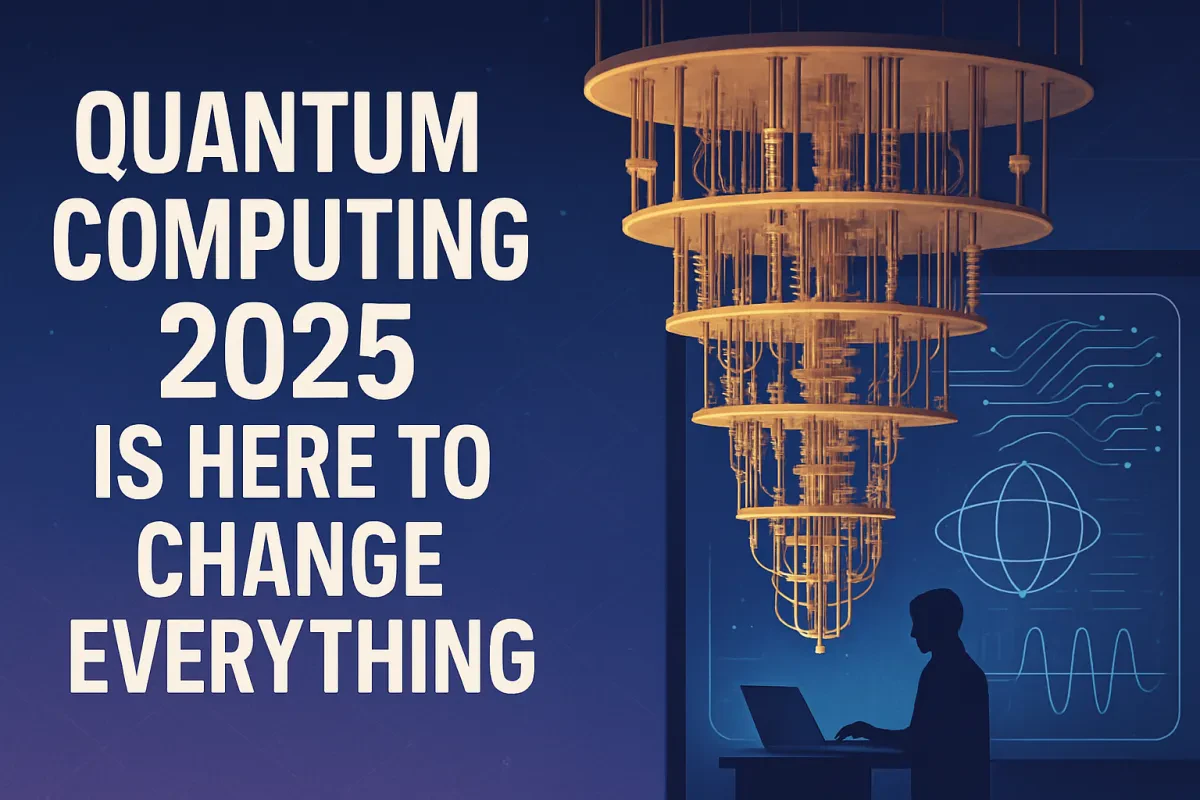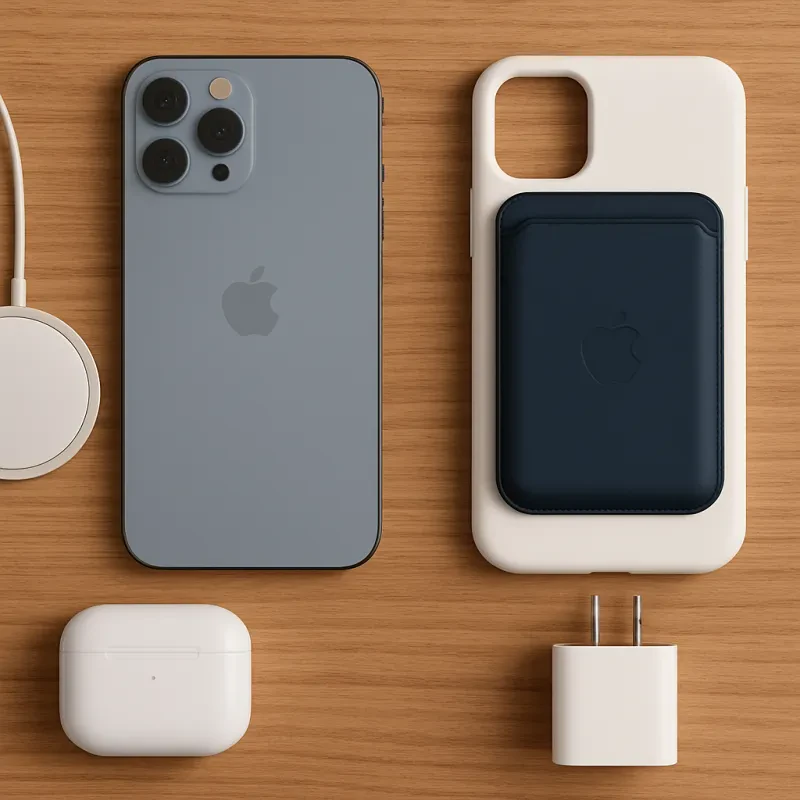Quantum computing today is more than just a buzzword; it’s becoming a reality that’s changing how we tackle complex problems. Unlike traditional computers that use bits as zeros and ones, quantum computers use qubits. These qubits allow for a massive increase in processing power, enabling them to solve certain problems much faster. That's the magic of quantum computing 2025—it’s opening doors to innovation we never thought possible.
Right now, companies and researchers are racing to harness the power of quantum computing. Some are focusing on industries like pharmaceuticals, where simulations of molecular interactions can speed up drug discovery. Others are looking at optimizing logistics and supply chains. With quantum computing 2025 on the horizon, we can expect breakthroughs that can lead to better services and products in our daily lives.
Tech giants like Google, IBM, and Microsoft are investing heavily in this technology. They're developing programming languages and tools to build software that takes advantage of quantum hardware. It’s not just for physicists anymore; developers and engineers are getting onboard. Learning to work with quantum systems is creating exciting job opportunities and new career paths.
Quantum computing 2025 isn’t just a theoretical concept. It’s something that’s evolving. With new advancements happening every day, we’re getting closer to a future where quantum systems will be integrated into our everyday technology. Imagine having a computer that can solve problems in seconds that would take traditional computers thousands of years! That’s the future we’re stepping into.
How Quantum Computers Work
Quantum computers are pretty amazing because they work differently than your typical computer. Instead of using bits like a traditional computer, which can be either 0 or 1, quantum computers use qubits. A qubit can be both 0 and 1 at the same time because of a property called superposition. This allows quantum computers to process a massive amount of data at once, making them way faster for certain tasks.
Another cool feature of quantum computing is entanglement. When qubits become entangled, the state of one qubit is directly connected to the state of another, no matter how far apart they are. This means that changing one qubit will automatically affect its entangled partner. It’s like having a superhero connection that lets qubits share info instantly. This can lead to super-fast problem-solving abilities that we just can't achieve with regular computers.
When you think about quantum computing 2025, picture a world where tasks like complex simulations and cryptography become super-efficient. For example, scientists could use quantum computers to run simulations for drug discoveries much quicker. Even industries like finance and logistics benefit from the incredible speed that quantum computing offers. It’s all about solving problems that would take regular computers years, in just a blink of an eye.
The technology behind quantum computers is still evolving, but companies are racing to develop practical applications soon. We're seeing big investments in research and development, and experts believe that by 2025, quantum computing could change how we approach problems in tech, healthcare, and beyond. It's an exciting time to think about how technology will advance in the next few years!
Key Benefits of Quantum Technology
Quantum computing 2025 is set to shake things up in a big way. This technology can tackle problems that traditional computers struggle with, making it a game-changer for industries everywhere. Imagine solving complex equations or optimizing logistics in a snap—quantum computing can do just that!
One of the coolest benefits of quantum technology is its ability to process vast amounts of data super quickly. This means businesses can make decisions faster and operate more efficiently. For example, companies in finance can analyze market trends in real-time to make smarter investments.
Another major perk is enhanced security. Quantum computing uses principles of quantum mechanics to create encryption that's practically unbreakable. This is a huge deal for anyone worried about privacy or data breaches. With quantum tech, your sensitive information gets a serious upgrade in protection.
Lastly, quantum computing 2025 opens up exciting possibilities for innovation. From drug discovery to climate modeling, the potential applications are endless. Researchers can simulate complex systems that were previously impossible to analyze, paving the way for breakthroughs we can't even imagine yet!
Future Applications You Need to Know
Quantum computing 2025 is right around the corner, and it's set to change the game in so many ways. Imagine solving problems in seconds that would take traditional computers years. This isn’t just a dream—it’s about to become our reality. Companies are pouring resources into research to harness the power of quantum bits, or qubits, to tackle challenges we never thought possible.
One exciting application is in drug discovery. Quantum computers can analyze massive datasets and simulate molecular interactions with incredible accuracy. This means researchers can develop new medicines faster, which could lead to breakthroughs in treating diseases that we still struggle with today. Think about having a medicine tailored just for you based on how your body reacts to certain compounds.
Another area to watch is cybersecurity. With quantum computing 2025 on the horizon, the security protocols we rely on could shift dramatically. Quantum encryption will make data transfer so secure that even the most advanced hackers wouldn’t stand a chance. We’ll be able to protect sensitive information in ways we can only dream of now.
And let’s not forget about AI. Quantum computing will supercharge artificial intelligence, making machine learning algorithms quicker and smarter. We could see AI that predicts trends, automates tasks, and even assists in creative endeavors. Imagine having an AI buddy that understands exactly what you need without you even having to ask!
So keep an eye on quantum computing 2025—it’s not just a buzzword. It’s the start of a technological revolution that’ll touch every aspect of our lives. From healthcare to security, the possibilities are endless, and we're just scratching the surface of what's to come!



